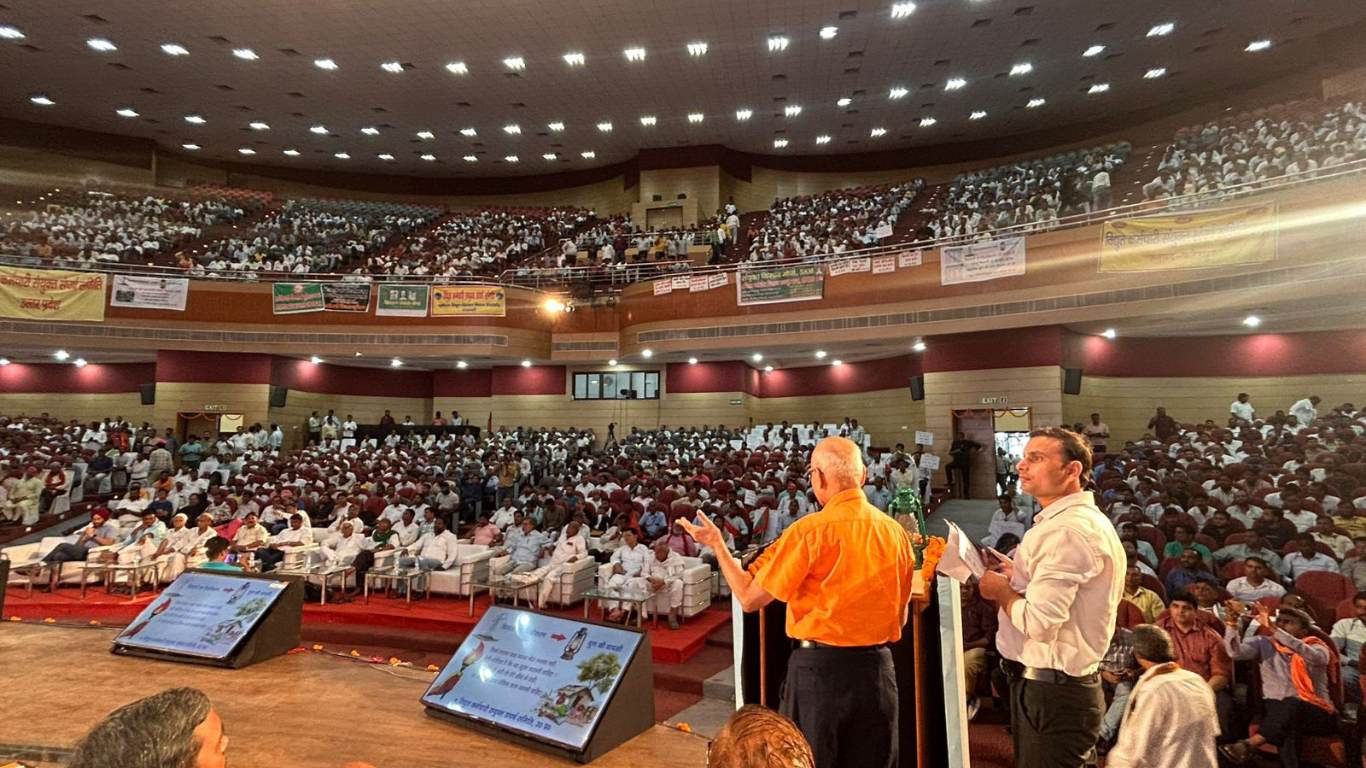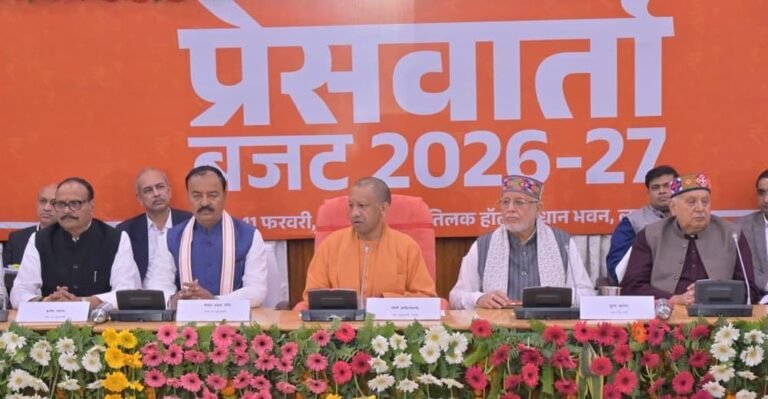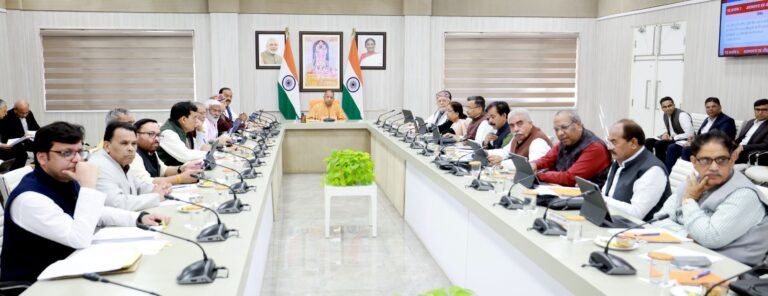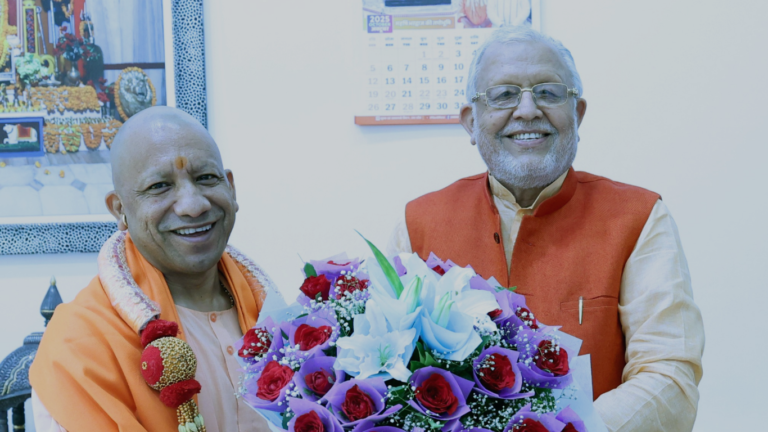
Uttar Pradesh is bracing for a major power sector strike on July 9, 2025, as 27 lakh employees across India, including thousands from UP, plan to protest the state’s move to privatize two electricity distribution companies. The decision has sparked anger among workers, who fear job losses and higher costs for consumers. Led by the All India Power Engineers’ Federation (AIPEF), the strike could disrupt power supply in many areas. Here’s the latest information straight from the ground.
Why Are Employees Striking?
The Uttar Pradesh government wants to privatize Purvanchal Vidyut Vitran Nigam Ltd (PVVNL) and Dakshinanchal Vidyut Vitran Nigam Ltd (DVVNL), which supply power to 42 of UP’s 75 districts. Workers, backed by AIPEF and the National Coordination Committee of Electricity Employees and Engineers (NCCOEEE), say this move will hand over valuable public assets to private companies at low prices. They worry farmers and low-income families will lose subsidized electricity, and employees could face layoffs. Shailendra Dubey, AIPEF chairman, has accused UP Power Corporation Ltd (UPPCL) officials of colluding with private firms. Protests started on July 2 in cities like Lucknow and Hyderabad, with a bigger strike planned for July 9. Workers are demanding the government halt privatization and address their concerns.
What’s Happening on the Ground?
Today, July 2, thousands of power workers rallied in Lucknow, chanting against privatization and waving banners. Similar protests hit cities like Patna, Jaipur, and Kolkata, showing nationwide support. In UP, employees have warned of an indefinite work boycott if the government doesn’t back down. Social media is buzzing with #StopUPDiscomPrivatisation, as workers share videos of marches and speeches. In Lucknow, police set up barricades to stop protesters from reaching the state assembly, leading to minor scuffles. Despite a six-month strike ban under the Essential Services Maintenance Act, workers are determined to go ahead. A “Mahapanchayat” is planned for July 22 in Lucknow to rally farmers and consumers. The mood is tense, with workers vowing to fight for their jobs and public welfare.
Government’s Response and Next Steps
The UP government has doubled down, banning strikes for six months under the Essential Services Maintenance Act since June 6, 2025. They claim privatization will improve efficiency and reduce losses, which total ₹1.1 lakh crore for UP’s discoms. Energy Minister Arvind Kumar Sharma insists the move isn’t against public interest, but workers disagree, citing past strikes in 2020 that paused similar plans. The government has warned of strict action, including invoking the National Security Act if protests disrupt supply. Meanwhile, the NCCOEEE is pushing for central government intervention to stop privatization. As July 9 nears, all eyes are on whether talks can prevent a blackout. Stay tuned for updates as this standoff unfolds, with workers and the state at odds over the future of power in UP.



